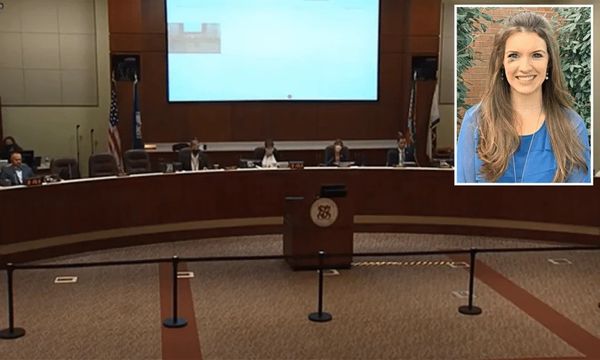
In a powerful and emotional moment during a Virginia school board meeting, Laura Morris, an experienced educator at Lucketts Elementary School in Leesburg, resigned from her position. Her resignation came with a passionate critique of the emphasis on critical race theory and political agendas within the educational system. Morris’s heartfelt speech not only shed light on the reasons behind her departure but also brought attention to the implications of what she called “equity trainings.”
After dedicating half of her career to teaching at Lucketts Elementary School, Laura Morris used this platform to express her disillusionment with the direction set by the school board. With visible emotion, she voiced her concerns about the overwhelming focus on “equity trainings” and the imposition of political ideologies on vulnerable students.
Addressing the issue of critical race theory, Morris stated that she could no longer be a part of a system that pushed divisive agendas onto impressionable children, who she described as “our most vulnerable constituents.”
Morris revealed that the environment had become so restrictive that she and her colleagues were given forms to report individuals who criticized the school board’s policies. This development raises concerns about the freedom of expression and the potential suppression of open dialogue within the educational system.
Highlighting the contentious nature of the discussions, Morris shared her experiences during equity trainings where she was told that “white, Christian, able-bodied females” held power in schools and that this needed to change. Her resignation statement emphasized the discomfort caused by these trainings, igniting debates on how these perspectives should be addressed in educational settings.
With a poignant statement, Laura Morris concluded her address, making it clear that her resignation was a principled stand against what she perceived as an overreach of the school board’s political agendas. Her departure serves as a powerful reminder of the challenges faced by educators who are torn between promoting open dialogue and adhering to mandates that may compromise their personal values.
The ongoing debate surrounding critical race theory and equity in education remains at the forefront of national discourse. It underscores the necessity for deliberate consideration on how educational institutions navigate these complex issues while upholding the core principles of diversity, inclusivity, and open expression.



